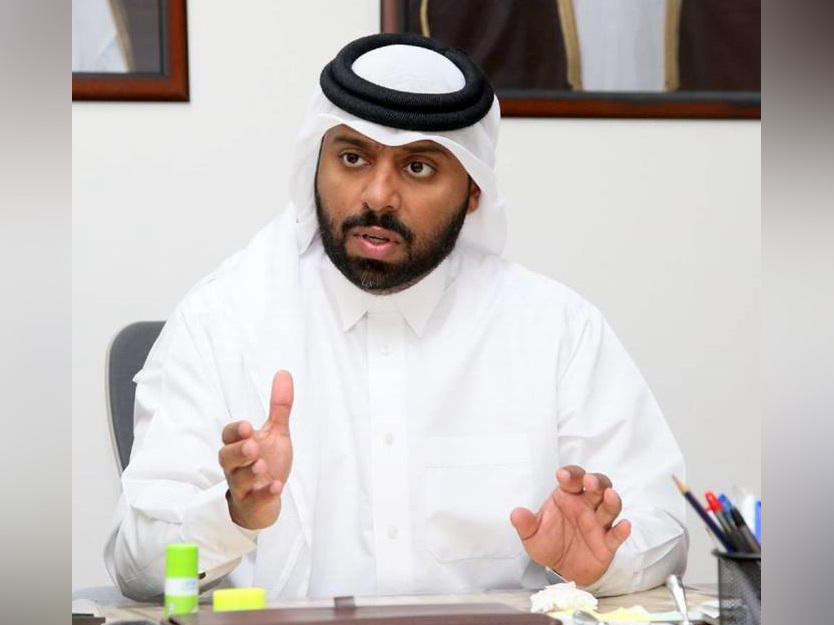In Doha, Qatar, the Ministry of Municipality has taken significant steps to enhance the role and participation of the private sector in the field of recycling and waste treatment. This is in line with the country’s goals of sustainability and the Qatar National Vision 2030. Several tenders have been awarded to the private sector for implementation in the next phase, including the privatization of waste transfer stations, establishment of a new landfill, rehabilitation of old landfills, operating waste sorting stations, and assigning cleaning work in the northern region.
According to Eng Hamad Jassim Al Bahr, the Director of Waste Recycling and Treatment Department, enabling the private sector to implement waste recycling projects reflects the Ministry’s commitment to sustainable waste management and promoting the circular economy. This partnership between government and private sector has resulted in significant achievements, such as reaching a zero waste rate during the World Cup and getting rid of all discarded tyres in the country through private sector factories. These projects have helped reduce waste going into landfills and increase the recovery of recyclable materials, aligning with the goals of the National Development Strategy of the State of Qatar.
Cooperation between the government sector and the private sector in waste management has been successful, leading to achievements such as reaching a zero waste rate during the World Cup and getting rid of all discarded tyres in the country. These projects have significantly reduced waste going into landfills and increased the recovery of recyclable materials, supporting the goals of the National Development Strategy of Qatar. The Ministry of Municipality’s strategy to enhance the role of the private sector in recycling and waste treatment aligns with the country’s sustainability goals and the Qatar National Vision 2030.
The awarded tenders to the private sector for implementation include privatizing waste transfer stations, establishing new landfills, rehabilitating old landfills, operating waste sorting stations, and assigning cleaning work in the northern region. This reflects the Ministry’s commitment to sustainable waste management and promoting the circular economy. The cooperation between government and private sector in waste management has led to successful experiences and great achievements, such as achieving a zero waste rate during the World Cup and getting rid of all discarded tyres in the country by private sector factories.
Eng Hamad Jassim Al Bahr, the Director of Waste Recycling and Treatment Department, emphasized the importance of enabling the private sector to implement waste recycling projects as a way to enhance the efficiency of the waste management system in Qatar. This partnership has resulted in significant accomplishments, such as reducing waste going into landfills and increasing the recovery of recyclable materials. These initiatives support the goals of the Qatar National Vision 2030 and the third national development strategy 2024-2030.
Overall, the Ministry of Municipality’s strategy to involve the private sector in waste recycling and treatment projects is a crucial step towards achieving sustainability and the goals of the Qatar National Vision 2030. The cooperation between the government and private sector has led to successful experiences, with achievements such as reaching a zero waste rate during the World Cup and eliminating discarded tyres in the country. These initiatives have helped reduce waste going into landfills and promote the recovery of recyclable materials, supporting the overall goals of the National Development Strategy of Qatar.











